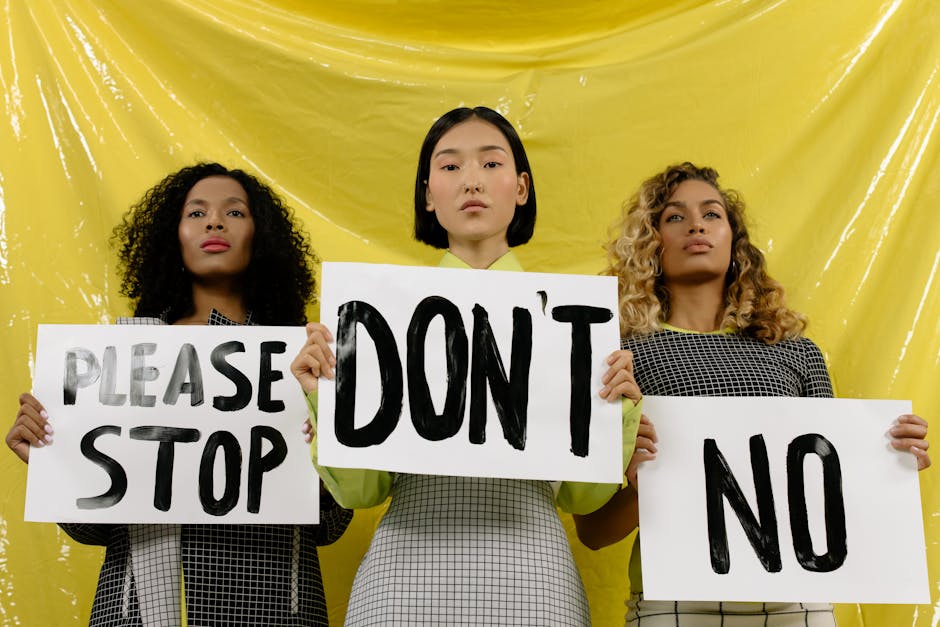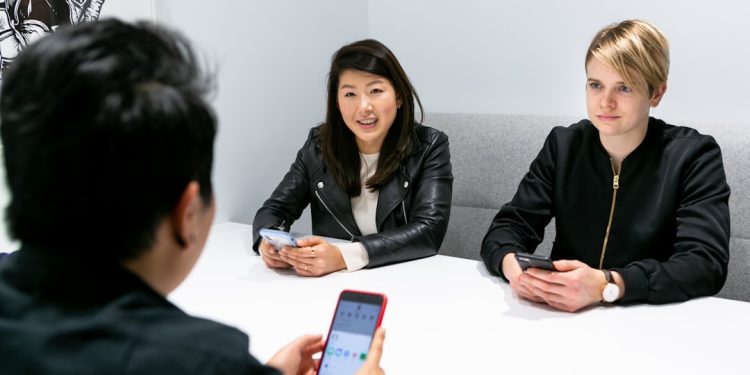No products in the cart.
Mastering the Art of Group Interviews: Stand Out and Collaborate
Group interviews can be daunting. Learn how to shine without overshadowing others with essential strategies for success.
In the high-stakes world of job hunting, the group interview stands out as a crucible for aspiring candidates. Picture this: a room buzzing with nervous energy, a panel of interviewers seated like judges at a talent show, and candidates vying for attention while trying not to overshadow one another. It’s a delicate dance, one that can make or break your chances of landing that coveted job.
But how do you prepare for such a multifaceted challenge? Here’s a guide to not just survive but thrive in group interviews and panel rounds. From coordination tactics to concise answer templates, we’ll equip you with the tools needed to stand out while ensuring the team dynamic remains harmonious.

Group interviews are increasingly popular among employers for one primary reason: they allow hiring teams to assess candidates in real-time, observing how they interact with others, their communication skills, and their ability to think on their feet. According to a study by the National Association of Colleges and Employers, nearly 70% of employers reported using group interviews as their preferred method for evaluating candidates, particularly for roles that require teamwork and collaboration.
 Career Development
Career DevelopmentCrafting Your Personal Learning Curriculum for Career Success
Master the art of creating a personal learning curriculum to advance your career. This guide covers essential steps for effective…
As daunting as they may be, group interviews also offer unique opportunities to showcase your interpersonal skills. Imagine a scenario where you’re not just answering questions but also engaging with fellow candidates, navigating the ebb and flow of conversation, and effectively highlighting your strengths without diminishing others.
According to a study by the National Association of Colleges and Employers, nearly 70% of employers reported using group interviews as their preferred method for evaluating candidates, particularly for roles that require teamwork and collaboration.
Here are some critical strategies to help you excel:
- Prepare Thoroughly: Research the company and the role thoroughly. Understand the team dynamics and the skills that are most relevant. Tailor your examples to reflect not only your individual achievements but also how they contributed to the collective success.
- Practice Active Listening: In a group setting, it’s easy to get caught up in your own narrative. However, demonstrating that you value others’ contributions can set you apart. Nod, make eye contact, and respond thoughtfully to what your peers say.
- Coordinate with Peers: If you know who your fellow candidates are ahead of time, don’t hesitate to connect. Perhaps share insights on how you plan to approach the interview. This not only builds rapport but can also lead to a collaborative atmosphere that can impress the interviewers.
- Use Concise Answer Templates: Develop a structure for your responses. Start with a brief overview of your point, elaborate with a relevant example, and conclude with how it relates to the job at hand. This clarity will help keep your answers succinct and impactful.
- Control Your Presence: It’s crucial to strike a balance between assertiveness and humility. Make sure to contribute meaningfully without dominating the conversation. Acknowledge others’ points, and build upon them where possible.
While preparation is key, adaptability is equally vital. Each group interview is a unique ecosystem, influenced by the personalities in the room and the dynamics at play. For instance, during a recent group interview at a tech startup, candidates were asked to solve a problem collaboratively. One candidate, Sarah, took a step back to observe the discussion before strategically interjecting with a solution that synthesized ideas from her peers. This not only showcased her leadership skills but also fostered a sense of teamwork.
 Career Advice
Career AdviceCrafting the Perfect Online Portfolio: Essential Do’s and Don’ts
Creating an online portfolio can be daunting. Discover essential do's and don'ts to effectively showcase your work and attract recruiters.
Read More →Nevertheless, it’s essential to remain cognizant of the potential pitfalls. In a race to shine, some candidates may resort to aggressive tactics that overshadow others, creating an atmosphere of competition rather than collaboration. This can lead to negative perceptions, as hiring managers are often looking for candidates who can work well within a team. Remember, while it’s tempting to project confidence, it’s even more valuable to embody humility and respect for your peers.
As we look to the future of work, the ability to navigate group dynamics will become increasingly crucial. With remote working environments and hybrid teams becoming the norm, the skills honed during group interviews will translate into everyday collaboration in the workplace. Employers are not just hiring for skills; they are hiring for cultural fit, emotional intelligence, and the ability to work together towards common goals.
This not only showcased her leadership skills but also fostered a sense of teamwork.
In conclusion, group interviews are not merely a test of your qualifications; they are a litmus test for your interpersonal skills and your ability to thrive in a collaborative environment. By preparing effectively, listening actively, and navigating the complexities of group dynamics, you can not only stand out as a candidate but also position yourself as a valuable team player.
 Artificial Intelligence
Artificial IntelligenceAI Debt Spree Is Fueling a Credit Trading Frenzy
AI spending is reshaping corporate debt landscapes, leading to a surge in credit trading. This article explores the implications for…
Read More →










